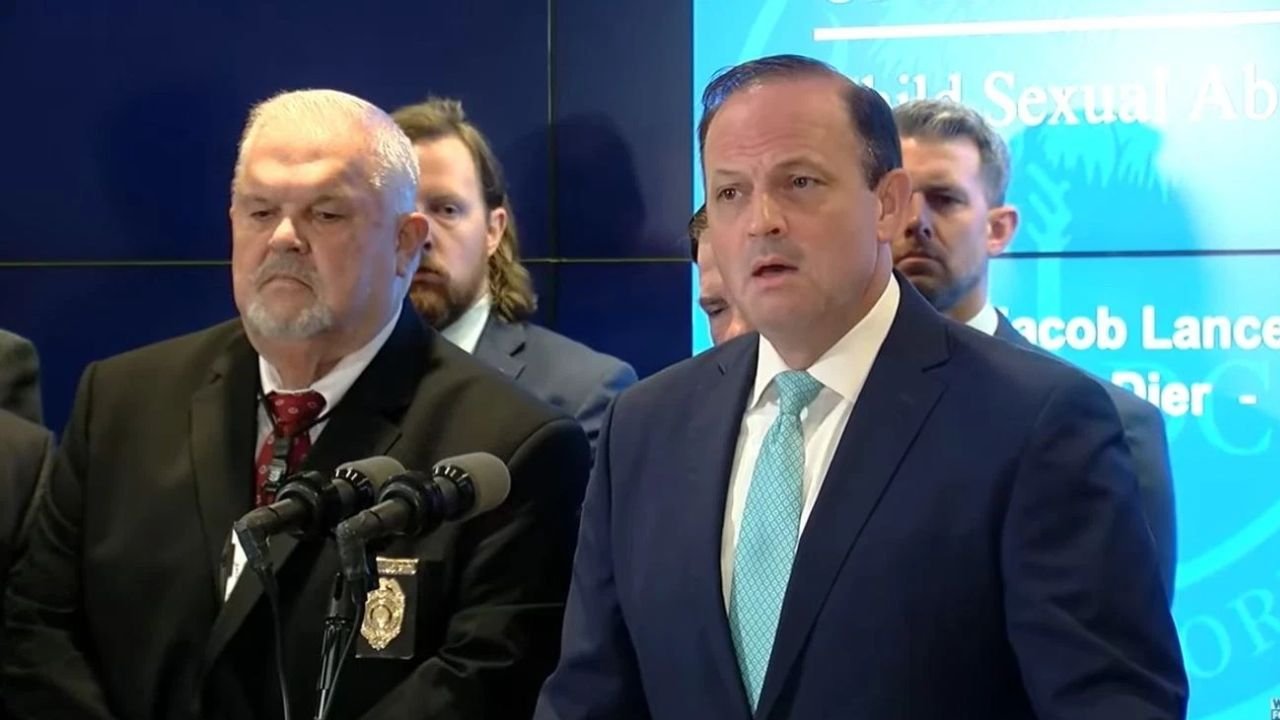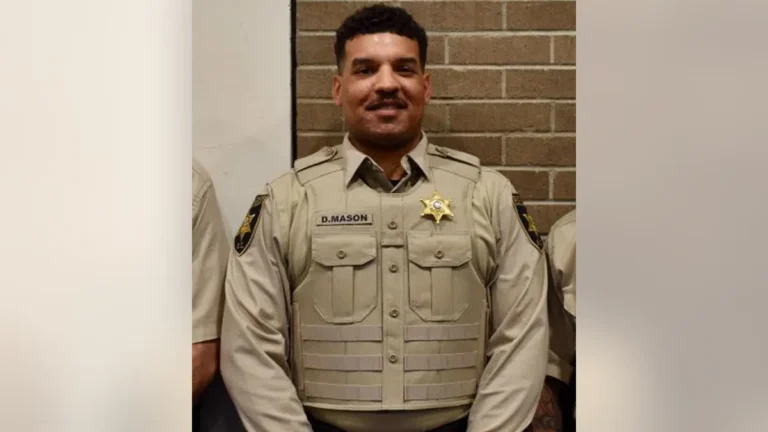SC Attorney General Warns of Escalating Organized Crime Run from Inside State Prisons
COLUMBIA, S.C. — Organized crime in South Carolina is now being coordinated from the inside of state prisons, according to Attorney General Alan Wilson. He warned that inmates are using smuggled cellphones to orchestrate large-scale criminal networks across county lines.
“Locking someone up doesn’t make us safer if they’re still running criminal empires from behind bars,” Wilson said during a press conference, as reported by WSPA News.
State Grand Jury Highlights Prison-Based Crime Rings
The warning follows detailed findings from the 34th and 35th State Grand Juries, which outlined how gang leaders and drug traffickers continue operations while incarcerated. These inmate-run networks are said to be involved in meth trafficking, sexual exploitation, and money laundering.
Jurors concluded that these groups are “committing complex crimes throughout South Carolina, the United States, and the world,” according to WSPA News coverage.
Pickens County Meth Operation Led by Inmates
One of the most striking cases involves the “Las Señoritas” meth ring, allegedly run by brothers Darrell “DJ” McCoy and Matthew “Matt” McCoy, both inmates at the time. Investigators say the brothers orchestrated drug pickups in Atlanta totaling 30 kilos of meth per week, supplying counties like Greenville, Oconee, and Anderson.
As documented in the DOJ announcement shared by WSPA, both brothers received life sentences, while a third co-defendant received 25 years.
Other Inmate-Led Crimes Revealed
The Grand Jury also exposed:
- The Clean Sweep case, where Jacob Lance, from inside Lee Correctional, coordinated the sexual abuse of a minor. His accomplice, Abbygale El-Dier, pleaded guilty and is now serving time.
- The Paper Route case, where Wayne A. Hollinshead was indicted for running a $1M+ marijuana trafficking and money laundering ring, also managed from inside prison walls.
Wilson Renews Call for Cellphone Jamming Authority
Wilson emphasized that state prisons are currently prohibited from jamming cellphone signals, a capability only federal prisons currently have. He urged Congress and the FCC to act quickly and give state facilities similar tools to cut off inmates’ access to outside criminal activity.
“If we could jam cell phones, we would stop a tremendous amount of crime,” Wilson told WSPA.
Should South Carolina be able to jam inmate cellphones?
Tell us your thoughts in the comments at SaludaStandard-Sentinel.com — your voice helps keep our community safer.







